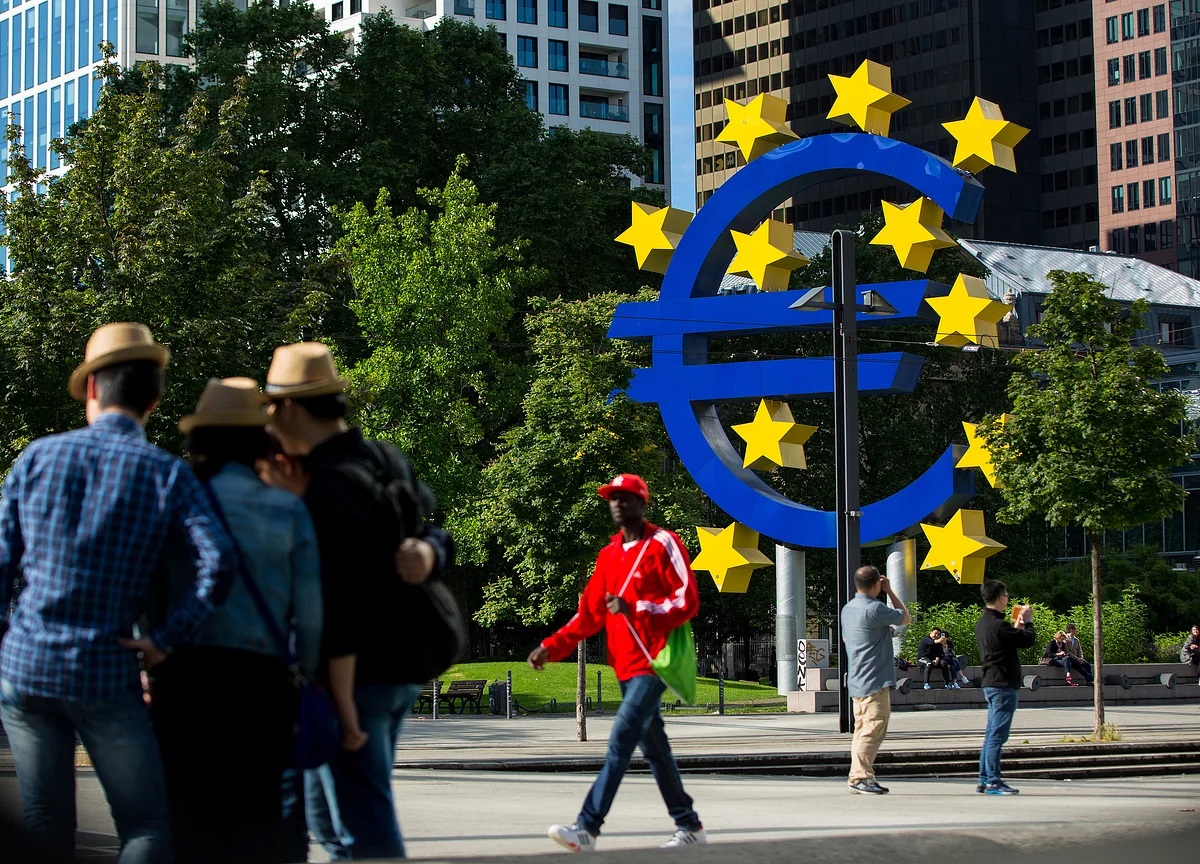11977
0
Confidence in the euro area economy fell in January
Confidence in the euro area economy fell again this month. The eurozone economy is likely to decline again in the first quarter.

Yazar: Tom Roberts
Yayınlanma: 29 Ocak 2021 21:13
Güncellenme: 21 Şubat 2026 21:47
Confidence in the euro area economy fell in January
Confidence in the euro area economy fell again this month. This was mainly due to a deterioration in consumer sentiment as well as a decline in confidence in the services and retail sectors, as restrictive measures in relation to COVID-19 remain in place. This was shown by the results of a survey by the European Commission (EC). Specifically, a key indicator of further developments in the region that pays in euros, the economic sentiment indicator (IES) fell to 91.5 in January from 92.4 points in the previous month. However, analysts expected an even worse result, a decrease in the index to 89.5 points. The EC survey further revealed that the consumer confidence index fell to -15.5 points from -13.8 points in December, as indicated by the quick estimate. Households rated their past and future financial conditions worse in January and are less willing to make large purchases. Their expectations regarding the general economic situation have also deteriorated. However, the partial confidence index in euro area industry unexpectedly rose to -5.9 in January from -6.8 points a month earlier, while analysts expected it to fall to -7.2 points. The assessment of the level of total orders in industry improved for the seventh month in a row, while expectations in production and the assessment of stocks of finished products did not change in January. Meanwhile, the sentiment index in services fell to -17.8 in January from -17.1 points in December. However, this result also exceeded the estimates of economists, who predicted that it would reach -18.8 points. Retail sentiment decreased to -18.9 in January from -12.9 points in December. Confidence in construction did not change in January and remained at -7.7 points. The overall confidence index of entrepreneurs from all sectors rose to -0.27 in January from -0.40 points in December. However, the results of the survey suggest that the eurozone economy will contract again in the first quarter of 2021, said Jack Allen-Reynolds, an economist at Capital Economics. With the region still a long way to go before the virus comes under control.İLGİLİ HABERLER





European stocks soared and focus shifted to German retail sales after Powell's speech!

Forex Signal For TRY/USD: Inflation Slowdown in November.

Forex Signal For GBP/USD: Bullish Trend Still Not Breaking While Recovery Continues.

Forex Signal For EUR/USD: Starry US Data Points to Higher Fed Increases.

Forex Signal For BTC/USD: Downside Continues as Bitcoin Recovery Moves Less.
En Popüler Haberler
Yorum Yap
Yorumlar
Henüz yorum yapan yok! İlk yorumu siz yapın...